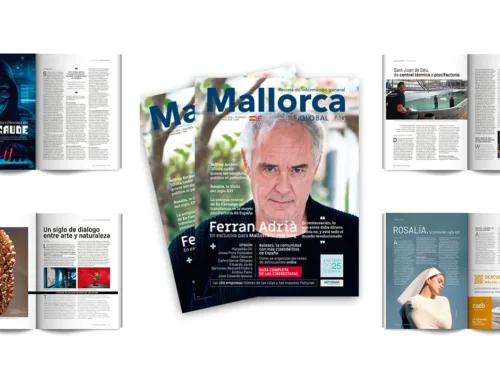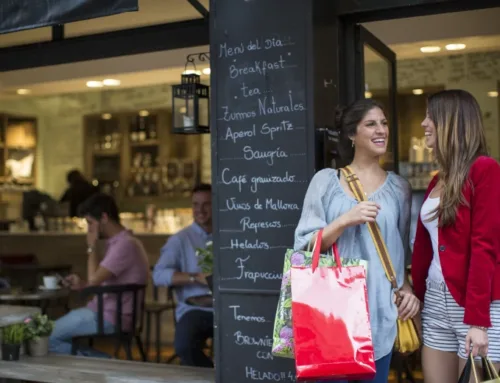Mallorca Rural presented the conclusions of a study on the costs and possible uses of wool at the Footwear Museum in Inca. In it they have concluded that wool as such is not a profitable product today because of the costs involved, and that the production capacity on the islands is not enough to be overcome. In view of this conclusion, the Director General of Agriculture, Livestock and Rural Development, Fernando Fernández, “it is vital that a second phase of study is carried out, focused on pilot projects on how to make the most of wool and revalue it as an industrial product”.
There are proposals on the table, such as using it as thermal insulation for buildings or to make compost, among other uses: “Today it is a costly waste product for livestock farming; we have to make it a profitable resource for the future”, said the director general.
In this sense, at the conference on wool held in Mallorca it was pointed out that right now the costs of washing and removing wool for disposal and incineration or for sale abroad are too high – in addition to the added factor of insularity – and represent losses for sheep farming on the islands. This is why Mallorca Rural and the Regional Ministry of Agriculture and Rural Development want to carry out joint pilot projects between the LEADER groups on the different islands. It should also be remembered that, during the Covid crisis, specific but one-off aid was created by the Regional Ministry to collect and incinerate all the wool while the sales channels were closed.
Finally, the director general also explained that revaluing wool as a profitable industrial product “could be very beneficial for the islands’ countryside in the medium and long term, as it would boost the sheep flock and crop diversification”, and that it would be “an example of ecological management”, as it would avoid incineration and would mean that much more would be used in the Balearic Islands, instead of having to be exported for use: “In a context such as the current one, with so much uncertainty regarding transport or energy costs, we have to seriously consider closing the wool circle in our islands,” Fernández concluded.







Leave A Comment